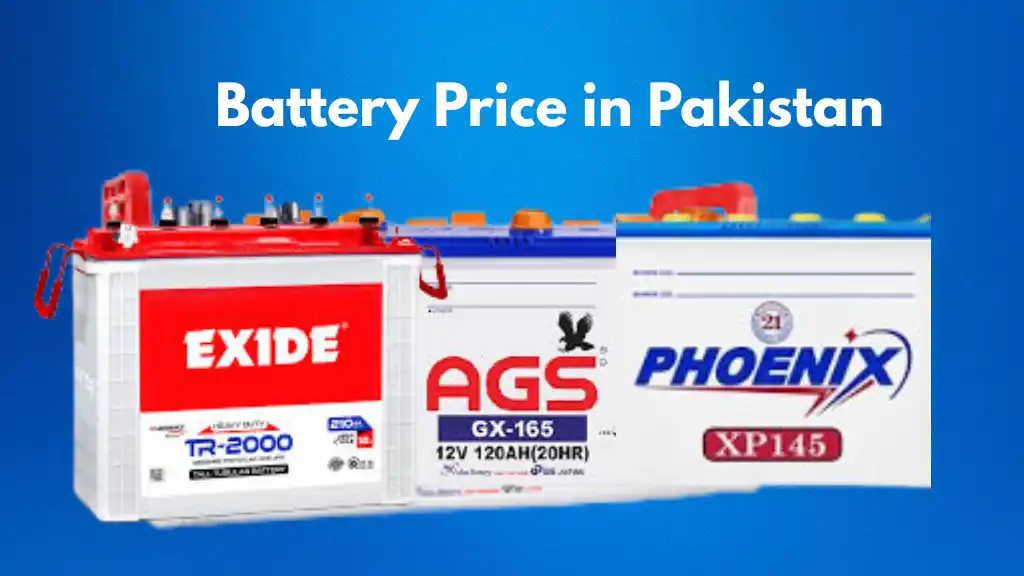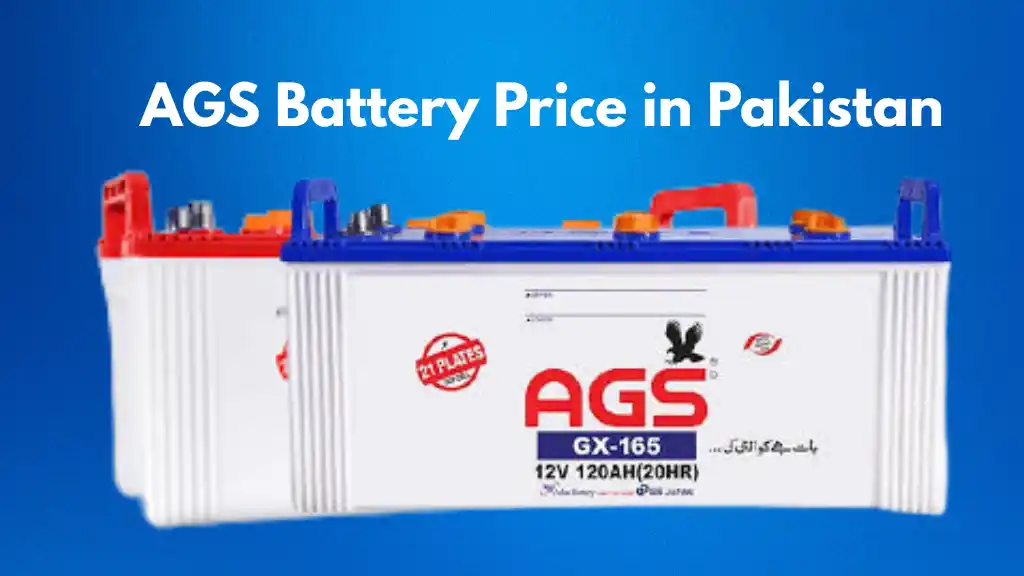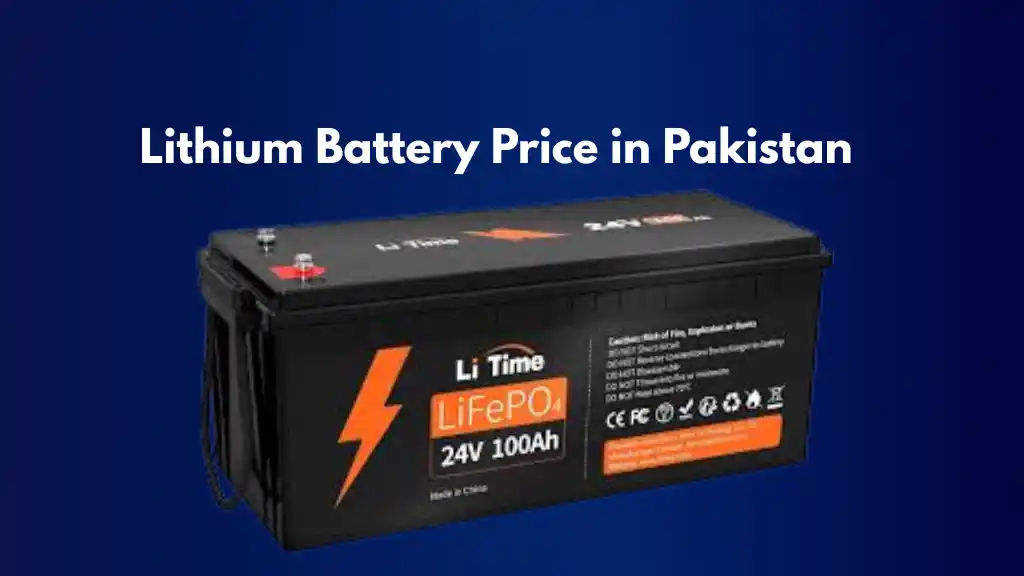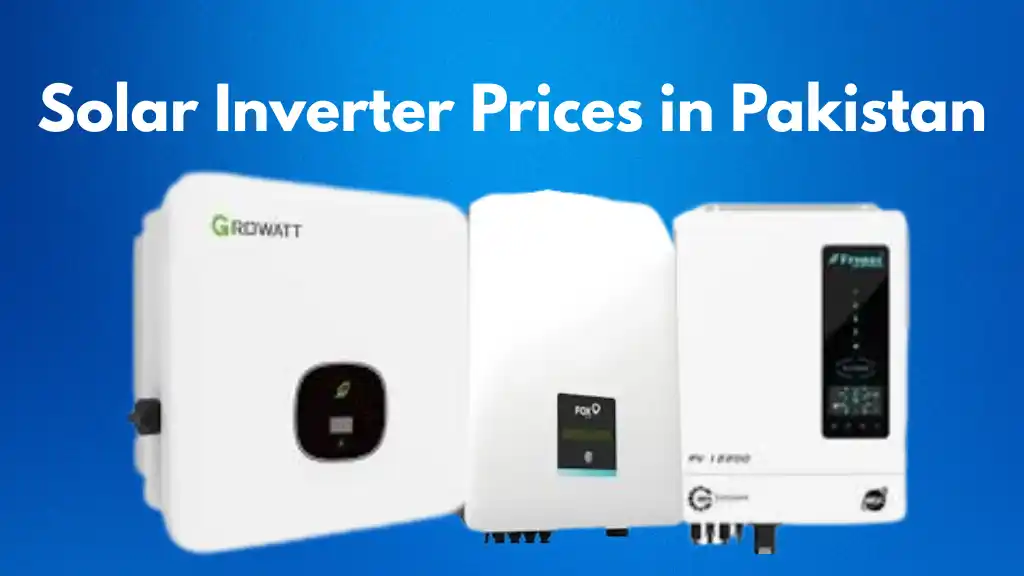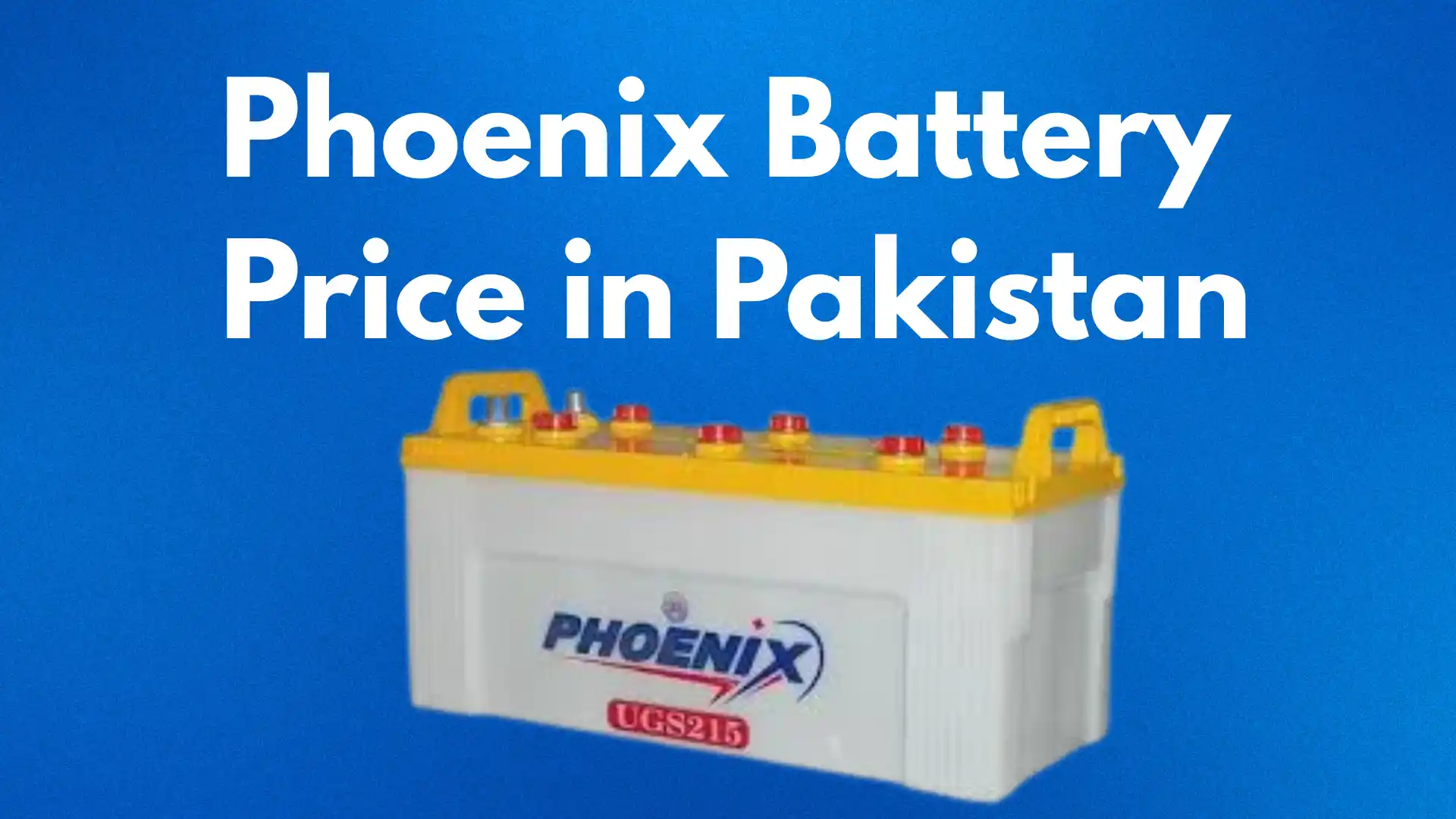Tubular Battery Price in Pakistan – Updated Rates for 2025
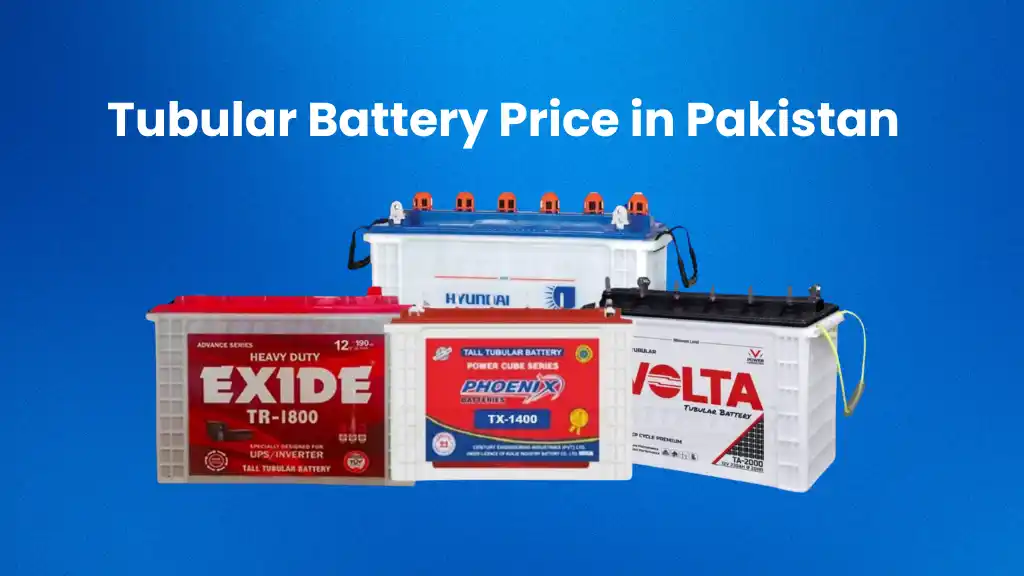
As electricity prices in Pakistan continue to soar, more households are shifting to solar energy as a cost-effective and sustainable solution. A key component of any solar system is the tubular battery. It stores excess energy for use during power failures or at night. But with so many options available, how do you choose the right one? In this guide, I’ll explore the latest tubular battery price in Pakistan for 2025. I will also compare top brands Phoenix Battery and provide expert tips to help you make the best decision for your solar system setup.
Why Tubular Batteries Are Essential for Solar Systems in Pakistan
Pakistan’s energy crisis has made solar systems a popular choice for homes, offices, and industries. You need a reliable energy storage solution to ensure a steady power supply at night or during load shedding. That’s where tubular batteries come in. Tubular batteries are designed to handle deep discharge cycles. They store the energy generated by solar panels and allow you to power your appliances even when the grid fails.
What Are Tubular Batteries? A Simple Explanation

Tubular batteries are a type of lead-acid battery designed for deep-cycle applications, such as solar systems, UPS, and inverters. Unlike flat-plate batteries, tubular batteries feature a unique design with tubular positive plates. It enhances their durability and performance.
Tubular Battery Price in Pakistan: Latest Rates for 2025
Tubular battery price in Pakistan can vary significantly based on brand, capacity, and model. Here is a summary of the latest prices:
|
Brand |
Model |
Capacity (Ah) |
Price (PKR) |
|---|---|---|---|
|
Volta |
TA-1200 |
125 |
50,500 |
|
TA-1600 |
150 |
53,000 | |
|
TA-1800 Supreme |
185 |
56,500 | |
|
TA-2000 |
200 |
72,500 | |
|
Phoenix |
|
110 |
26,000 |
|
Phoenix |
TX-1200 |
160 |
26250 |
|
Phoenix |
|
175 |
56,250 |
|
Phoenix |
TX-2500 |
62500 | |
|
Osaka |
TA-1200 |
125 |
43,000 |
|
Osaka |
TA-1600 Supreme |
150 |
46000 |
|
Osaka |
TA-2000 Supreme |
200 |
62,100 |
|
Exide |
TR-1800 |
125 |
41,900 |
|
Exide |
TR-2000 |
125 |
55,500 |
|
Exide |
TR-2500 |
125 |
54,150 |
|
AGS |
EC 3000 Tall Tubular |
69,180 | |
|
SES Power |
TTB-230 Tall Tubular |
84,000 |
See also: Lithium Battery Price in Pakistan
Factors Affecting Tubular Battery Prices
Capacity (AH): Higher ampere-hour (AH) ratings mean more energy storage, which increases the price.
Brand: Established brands like Osaka and AGS often cost more due to their reliability and warranty support.
Technology: Batteries with advanced features, such as Automatic Temperature Control (ATC), may be pricier.
Market Trends: Fluctuations in raw material costs (e.g., lead) and demand for solar systems can impact prices.
Tubular vs. Flat-Plate vs. Lithium-Ion Batteries
Here’s a comparative analysis of Tubular, Flat-Plate, and Lithium-Ion batteries based on key parameters:
|
Feature |
Tubular (Lead-Acid) |
Flat-Plate (Lead-Acid) |
Lithium-Ion |
|---|---|---|---|
|
Energy Density |
Low (30-50 Wh/kg) |
Low (30-50 Wh/kg) |
High (100-265 Wh/kg) |
|
Cycle Life |
1000-1500 cycles |
200-500 cycles |
1000-3000+ cycles |
|
Maintenance |
Required (water top-up) |
Required (water top-up) |
None |
|
Weight |
Heavy |
Heavy |
Light |
|
Cost |
Moderate |
Low |
High |
|
Best For |
Deep-cycle, stationary |
Starting, budget use |
Portable, high-performance |
Why Choose a Tubular Battery?
Tubular batteries are a popular choice for many applications, especially in scenarios requiring reliable, long-term power backup. Here’s why you might prefer a tubular battery over other types (like flat-plate or SMF batteries):
Tips to Extend the Lifespan of Tubular Battery
Proper maintenance can significantly extend the life of your tubular battery. Here are some expert tips:
Avoid Deep Discharge: Don’t let the battery discharge below 20% capacity, as this can reduce its lifespan.
Use Four-Stage Charging: Follow a proper charging cycle (bulk, absorption, float, equalization) to ensure optimal performance.
Maintain Electrolyte Levels: Check the water level every 2–3 months and top up with distilled water if needed.
Control Temperature: Keep the battery in a well-ventilated area to avoid overheating, which can degrade performance.
Avoid Common Mistakes: Don’t overcharge the battery, and never mix old and new batteries in the same system
Conclusion
If you’re looking for a reliable and long-lasting battery for your solar system or inverter in Pakistan, tubular batteries are a great choice. While the Tubular Battery Price in Pakistan may seem higher than flat-plate batteries at first, it saves money in the long run. To get the best value, compare brands, check warranty terms, and maintain your battery properly.

![Osaka Battery Price in Pakistan Today [2025] 3 Osaka Battery Price in Pakistan 2025](https://pakistansolarpanelprice.com/wp-content/uploads/2025/04/Osaka-Battery-Price-in-Pakistan.webp)
